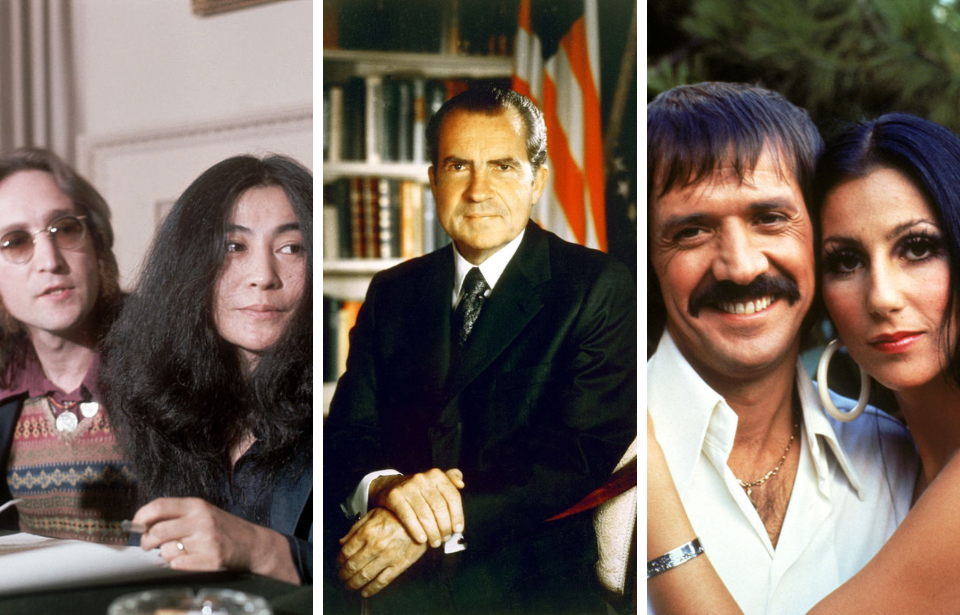From social activism and political scandals to groovy tunes, the ’70s were truly a turbulent time! While current-day celebs are faced with drama now and then, some of the far-out celebrity scandals of the ’70s are still making waves today. Whether you were playing Pong on the shag carpet, hiking up your tube socks, or just taking your first steps, here is your essential guide to the biggest celebrity scandals of the ’70s.
1970 – Paul McCartney leaves the Beatles
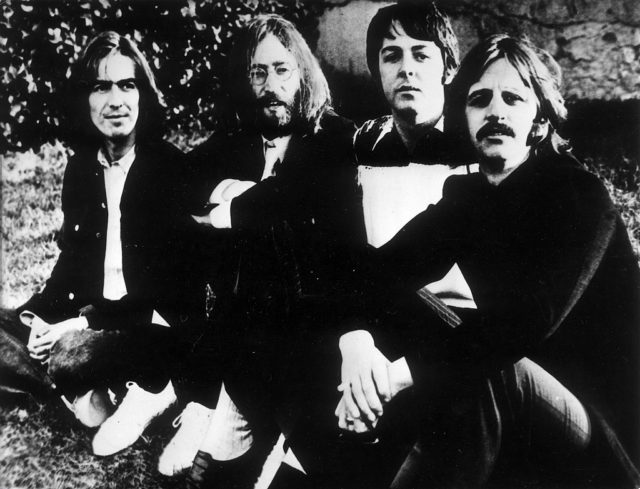
On April 10, 1970 – less than a month before the release of their final studio album Let It Be – Beatles frontman Paul McCartney issued a press release announcing he was leaving the iconic band. After nearly a year of intense conflicts both in and out of the recording studio, McCartney and Beatle’s founder John Lennon finally agreed to go their separate ways.
Around the same time, McCartney recorded his first solo album, McCartney, which was released the week after the announcement that shocked the world. The group wasn’t legally broken up until 1974 when a dissolution agreement was finalized. The end of The Beatles, a band so many grew up listening to, would set the stage for the huge social change coming in the next decade.
1971 – Charles Manson is given the death sentence
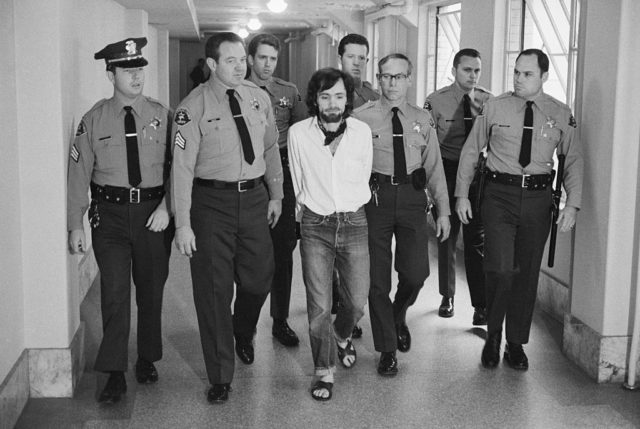
Two years after the heinous crime at 10050 Cielo Drive, “Manson Family” cult leader Charles Manson was given the death sentence for the murder of two people and the arrangement of seven other killings. The 1971 verdict also sentenced Manson Family members Susan Atkins, Patricia Krenwinkel, and Leslie Van Houten to death for their role in the murders of pregnant actress Sharon Tate and her companions Jay Sebring, Abigail Folger, Wojciech Frykowski, and Steven Parent.
The most fascinating part of Manson’s death sentence was that he never received the actual punishment. Conflicts with California state laws, especially since the “life without parole” sentence, didn’t exist in 1971. Turbulent debates and legislative changes seeking to abolish capital punishment ultimately forced Manson’s case into a default life without parole sentence. He died of natural causes in 2017 after serving more than 40 years in prison.
1972 – Jane Fonda travels to Vietnam
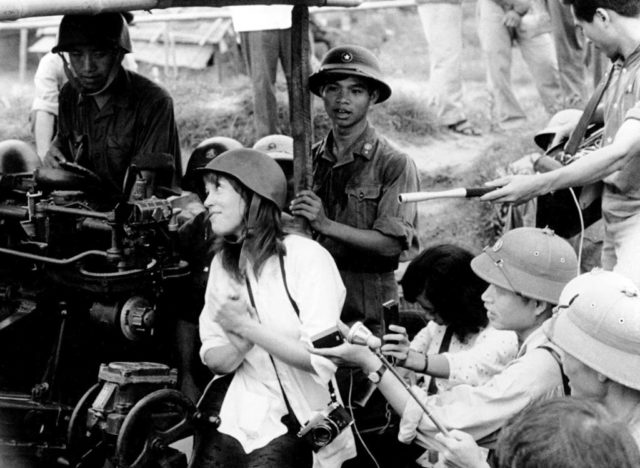
In July 1972, actress-turned-activist Jane Fonda traveled to North Vietnam in the midst of the Vietnam War. A longtime antiwar advocate, Fonda’s time in Vietnam was spent investigating alleged American bombings along Vietnam’s flood banks. By targeting vital infrastructure like flood banks and dams, the perceived goal of the bombings was to cause destructive flooding in villages surrounding the Red River system.
Following her two-week journey throughout Vietnam, Fonda concluded that the Americans were bombing farmland and other areas where civilians were at risk. She even confirmed that she made several radio announcements on a Vietnam radio begging American pilots to stop the horrific bombings.
A picture released of Fonda standing with North Vietnamese troops on an anti-aircraft machine gun enraged American veterans who realized the weapon had likely been used to shoot down US planes.
1973 – Bruce Lee dies at 32
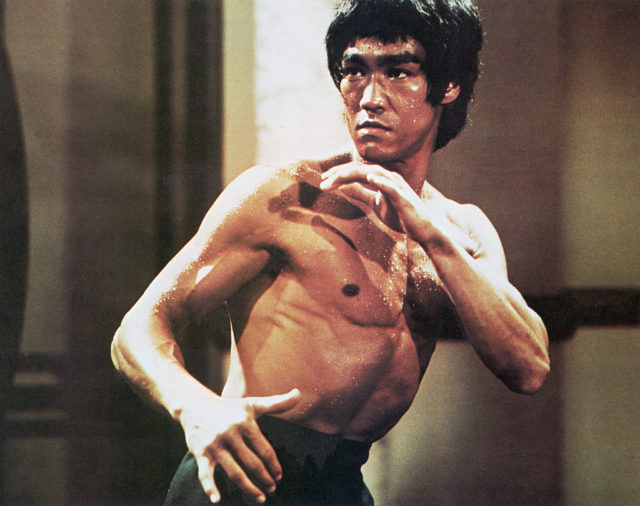
Famed actor and martial artist Bruce Lee lapsed into a coma on July 20, 1973 after taking a painkiller for a headache. He was unable to be revived and was pronounced dead the same day. Lee’s family, fans, and several medical examiners were all baffled at his sudden death. After a nine-day coroners inquest, medical experts determined it was likely a rare reaction to an ingredient in the pain medicine that cause fluid and swelling in the brain, which proved fatal.
At the time of his death, Bruce Lee’s latest film Enter the Dragon was set to premiere in August 1973. Unfortunately, Lee never lived to see what would become one of his most famous films on the big screen.
1974 – Nixon becomes the first US President to resign
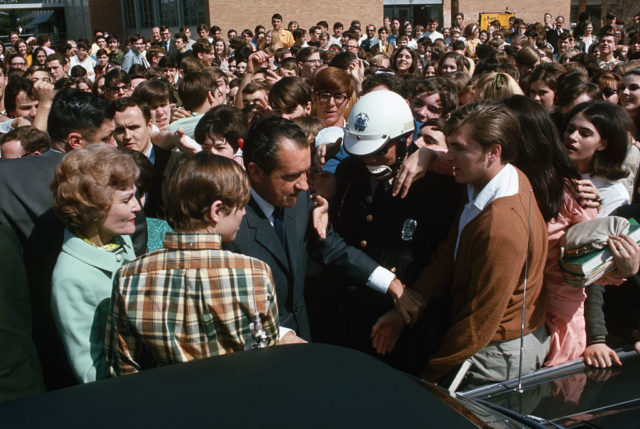
After two years of confusion, lies, and coverups, Richard Nixon finally resigned from his position as president on August 8, 1974 – making him the first US President to ever resign from office. The political uproar began in 1972 with a series of leaked documents, burglaries, and accusations that revealed government corruption.
Following Nixon’s resignation, Vice President Gerald R. Ford assumed the role of President – eventually pardoning Nixon of all charges related to the Watergate scandal.
1975 – Sonny and Cher divorce
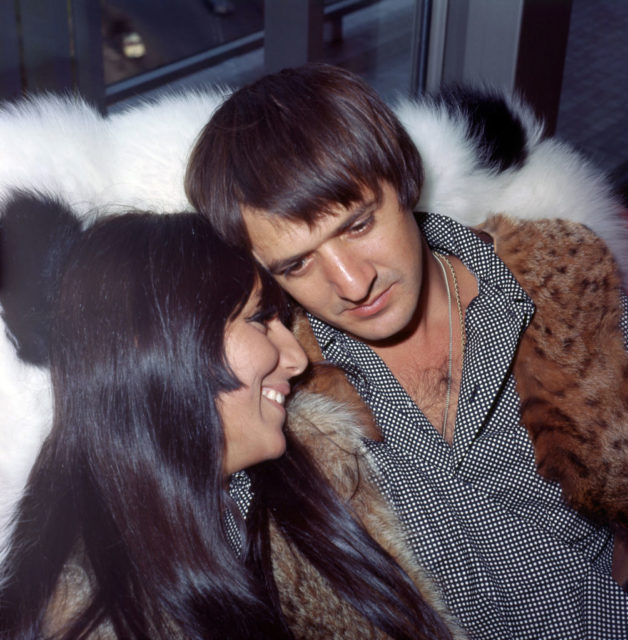
The tumultuous relationship between Sonny and Cher began as platonic and ended in a fiery feud no one saw coming. After several years of conflict and cheating scandals, Sonny filed for separation in 1974 but Cher clapped back demanding a divorce, claiming their marriage was “involuntary servitude.”
Cher had discovered that Sonny withheld 95% of Cher Enterprises, and thanks to a restrictive contract Cher could not legally sign any new deals without Sonny. In order to free herself from the contract, Cher agreed to perform in more than $1 million dollars worth of shows and appearances with Sonny before he would relinquish their agreement.
Their divorce was finalized on June 26, 1975, and Cher was finally able to build her own music career turned pop empire in the 1980s.
1976 – Princess Margaret and Roddy Llewellyn’s affair was made public
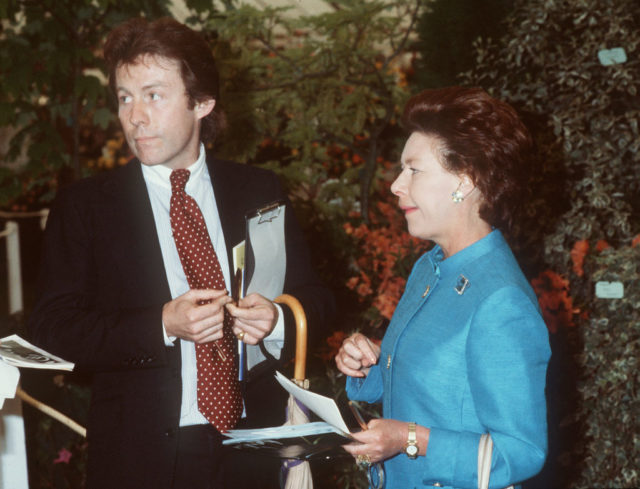
Even though they met in 1973, the love affair between Queen Elizabeth II’s sister Princess Margaret and 25-year-old royal garden designer Roddy Llewellyn was kept under lock and key until the pair was spotted together on vacation in Mustique in February 1976. When the news broke, Princess Margaret‘s husband the Earl of Snowdon informed a royal press secretary that their marriage was over.
Margaret and Llewellyn dated for the next eight years and even remained close friends after Llewellyn married his wife Tatiana Soskin. Even though the scandal of Margaret’s affair shocked the royal family, the Queen herself reportedly said at her sister’s funeral that she approved of Roddy and Margaret’s relationship.
1977 – Elvis Presley dies
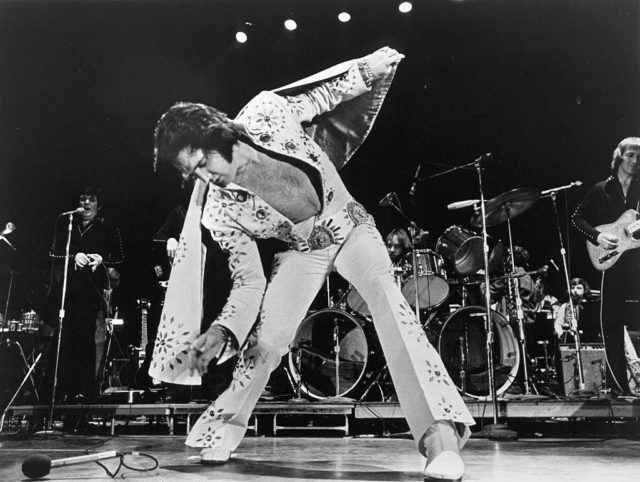
On August 16, 1977, the sudden and unexpected death of rock ‘n roll legend Elvis Presley shocked the world. After returning to the master suite at his home Graceland early in the morning, Elvis was discovered dead of apparent heart failure. His death occurred toward the end of a long battle with addiction and subsequent health issues.
In the early 1970s, Elvis Presley made a miraculous return to music through a string of successful live shows and tours throughout the United States. His lifelong passion for music and innovative style that reflected his upbringing in rural Mississippi helped to make him one of the most beloved musicians of the ’50s, ’60s, and ’70s.
1978 – Studio 54 is raided by the FBI
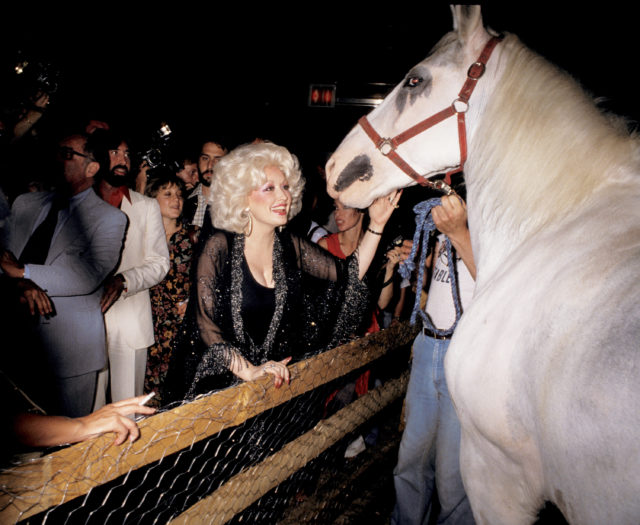
On December 14, 1978, 31 federal agents entered the iconic Studio 54 with a search warrant. They seized six ounces of cocaine and $3 million dollars stashed in trashbags in the ceiling! The bust was the beginning of the end for Studio 54, the most popular nightclub in Manhattan that was known for outrageous parties and star-studded guestlists where the rich and famous could let loose.
Owners Steve Rubell and Ian Schrager opened the disco mecca in 1977. According to Rubell and Schrager, Studio 54 made $7 million dollars in its first year, which sparked the suspicion of the IRS. Following the bust in ’78, the two were charged with tax evasion – but they still went out in true ’70s style!
Studio 54 closed on February 3, 1980, with one final party. Diana Ross and Liza Minelli serenaded Rubell and Schrager, while stars like Farrah Fawcett, Richard Gere, Jack Nicholson, Reggie Jackson, and Sylvester Stallone watched on. The club was purchased by new owners and re-opened in 1981.
1979 – Sports legend Willie Mays is banned from baseball
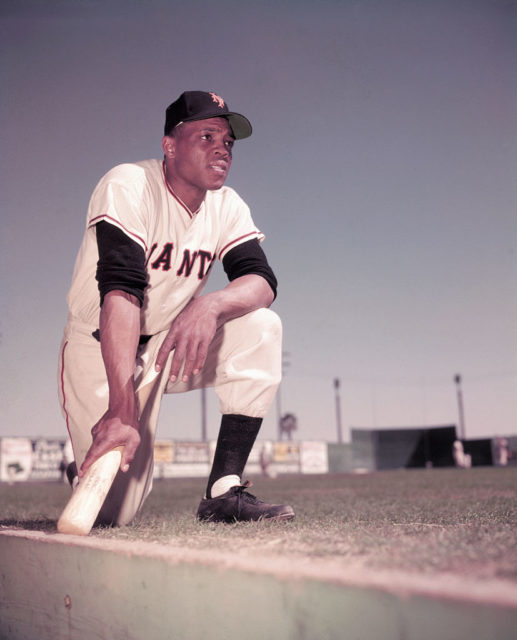
Perhaps one of the most baffling sports scandals in modern history, the firing of Baseball Hall of Fame inductee Willie Mays sparked conflict and controversy among sports fans. In 1979, Mays signed a contract with Bally’s Park Place Hotel and Casino in Atlantic City as an ambassador – essentially Mays would attend charity events and other initiatives for meet and greets with fans.
More from us: The Eerie Connection Between Malibu Barbie And Sharon Tate
Even though gambling was not part of the contract, Major League Baseball strictly prohibited sports gambling and saw this new contract as a potential breach of the rules. Ultimately, Mays was fired from baseball over the simple agreement to shake hands with people at a casino! Luckily, when Peter Ueberroth became the new leader of Major League Baseball in 1984 he reinstated Mays and officially recognized his overwhelming achievement in the sport.
